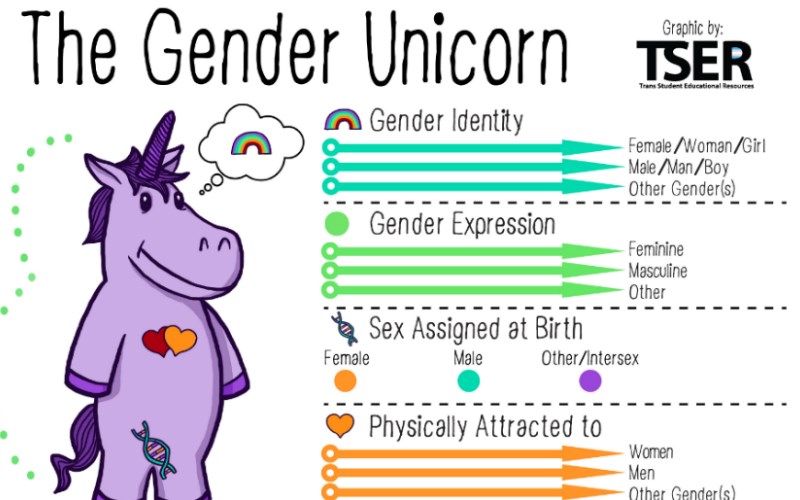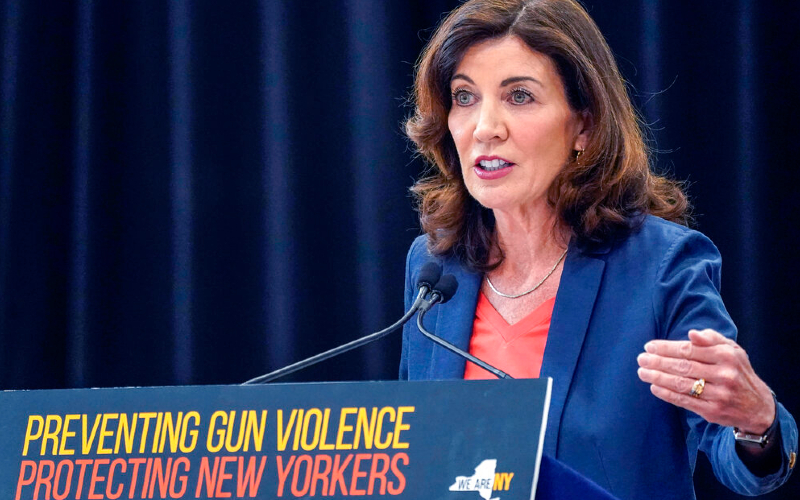With help from Alliance Defending Freedom, licensed family counselor Brian Tingley is fighting a legal battle against the State of Washington after its legislature passed a law in 2018 that bans so-called “conversion therapy” by counselors in the liberal state. About two dozen U.S. states currently ban that practice thanks to lobbying from homosexual activists, who invented the phrase to describe faith-based counseling sessions that they say are harmful for homosexuals and lesbians.
Many of those counseling bans also cover transgender people, too, who are known to struggle over their natural sex and often seek professional help.

On the nine-member court, four justices must agree to hear a case but only three – Brett Kavanaugh, Clarence Thomas and Samuel Alito – said they wanted the case to proceed.
ADF attorney John Bursch says Tingley and his attorneys were “very disappointed” in the court’s refusal to hear the case. By doing so, they say, the right-leaning court is refusing to rule the State of Washington is violating a professional counselor’s free speech rights.
"The law stipulates that if a client wanted to undergo a gender transition, the counselor and client can speak about anything,” the ADF attorney complains. “But if a client wanted to become more comfortable with her biological sex, or talk through the emotionally and medically difficult process of de-transitioning, counselors like Brian would be prohibited from having those conversations.”
 Such an unconstitutional say-this-but-not-that state law advocates for some conversations but bans others in a counseling session. That is what the successful “conversion therapy” bans have accomplished across the country, but those successes are complicated by the topic of transgenderism, which was known among professionals as a mental health disorder by the American Psychological Association until 2012.
Such an unconstitutional say-this-but-not-that state law advocates for some conversations but bans others in a counseling session. That is what the successful “conversion therapy” bans have accomplished across the country, but those successes are complicated by the topic of transgenderism, which was known among professionals as a mental health disorder by the American Psychological Association until 2012.
Much like the pressure campaign over banning “conversion therapy,” the APA was pressured by the rainbow flag activists to drop the term “gender identity disorder” because it was considered harmful to the very people the APA was attempting to help. Refusing to drop the term entirely, the APA adopted the term “gender dysphoria” to replace it.
In most instances, LGBT activists ignore the issue of mental health and gender confusion entirely. When forced to confront it, the activists promote "gender-affirming care" that includes "gender pronouns," body-altering hormone therapy, and body-chopping surgery.
Justice Thomas addresses mental illness
On the high court, Justice Thomas suggested the real issue is mental illness. There is “fierce public debate over how best to help minors with gender dysphoria,” he wrote, and now the court has “silenced one side of this debate.”
Reacting to the high court’s decision, Washington Attorney General Bob Ferguson predictably called it a “victory for LGBTQ+ civil rights.”
“The research is clear — conversion therapy does not work, and can be particularly harmful to minors,” Ferguson said, cleverly using the phrase to include gender-confused children.
The biggest victim of the Supreme Court’s decision is children, says Bursch, the ADF attorney. He points out there are young people known as “de-transitioners” who struggled with gender identity but have transitioned back to their natural sex.

Perhaps the most well-known de-transitioner is Chloe Cole, a female who began identifying as a boy at age 12. Cole is now hated by the say-this-but-not-that LGBT activists because she is speaking publicly about her mental health struggles and her life-altering sex reassignment surgery. She has also made fierce enemies for her decision as a young woman to return to her biological sex and to criticize her counselors and doctors.
“These are serious mental health issues that cause serious issues,” Burcsh says, “and now these kids cannot get this type of counseling in Washington, or the other 20 states and 100 local jurisdictions, that prohibit it."







